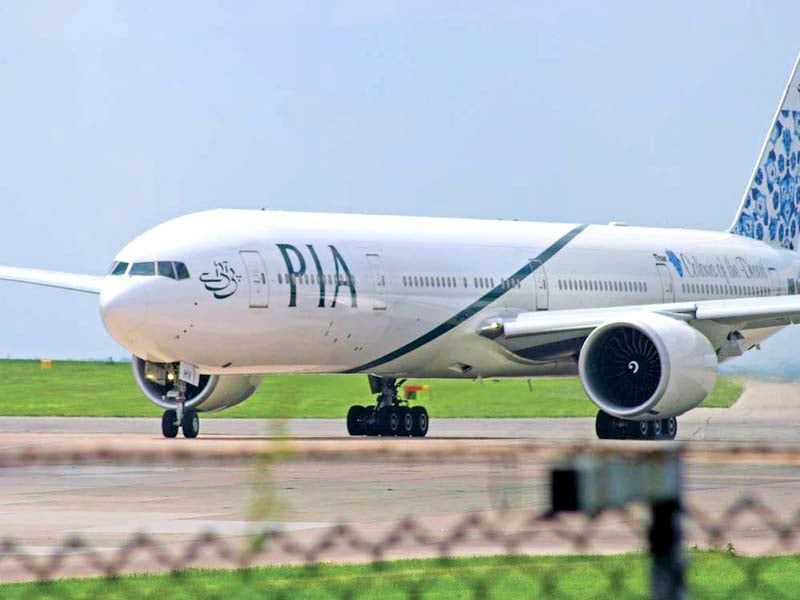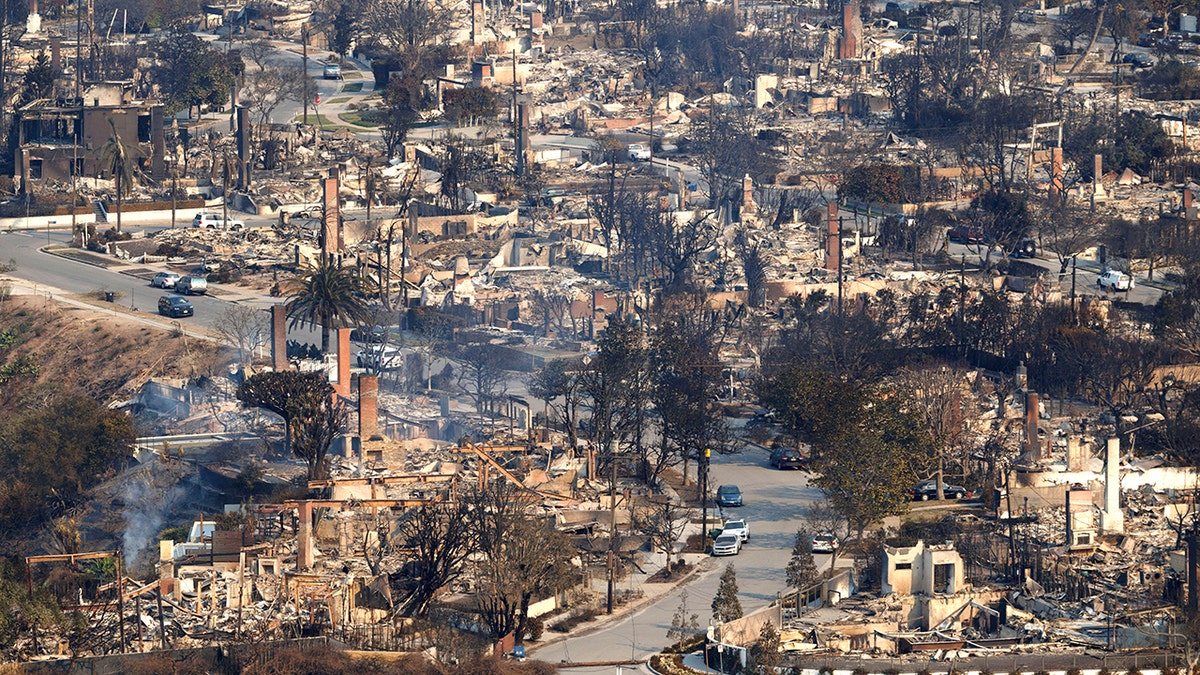In a recent report that quickly gained traction, CNN detailed the supposed liberation of a Syrian prisoner from a clandestine detention center. The network's chief international correspondent, Clarissa Ward, described the event as an exceptionally moving moment in her career. However, the narrative soon unraveled as inconsistencies emerged.
The individual, initially presented as Adel Ghurbal from Homs, claimed to have endured months of confinement in a windowless cell. Yet, his physical condition seemed remarkably good for someone subjected to such harsh treatment. Doubts arose, prompting further investigation.
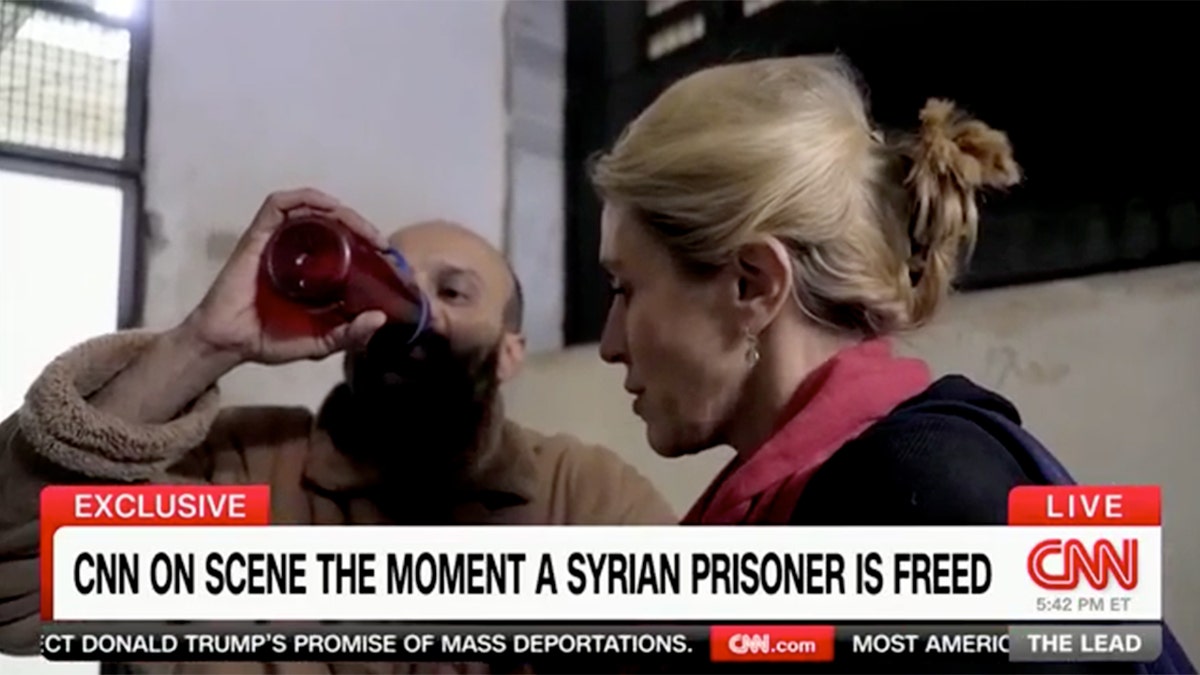
CNN later acknowledged being deceived. Through facial recognition technology and local sources, the man was identified as Salama Mohammad Salama, also known as Abu Hamza, a first lieutenant in the Syrian Air Force Intelligence. Reports suggest Salama was known for extortion, harassment, and potentially even more severe crimes like torture and murder.
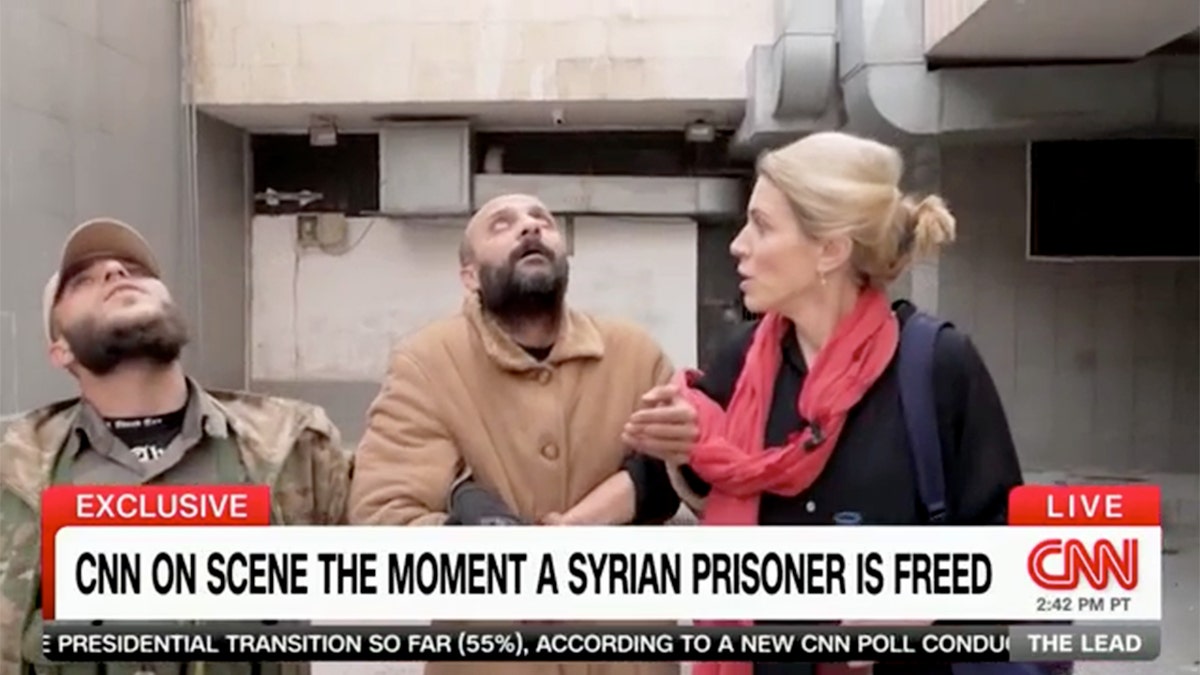
Verify-Sy, affiliated with the Poynter Institute, was among the first to challenge the initial narrative. Their investigation corroborated local accounts, painting a picture of Salama as a figure involved in various illicit activities. It was reported that his detention, lasting less than a month, stemmed from a financial disagreement with a superior officer, not political imprisonment.
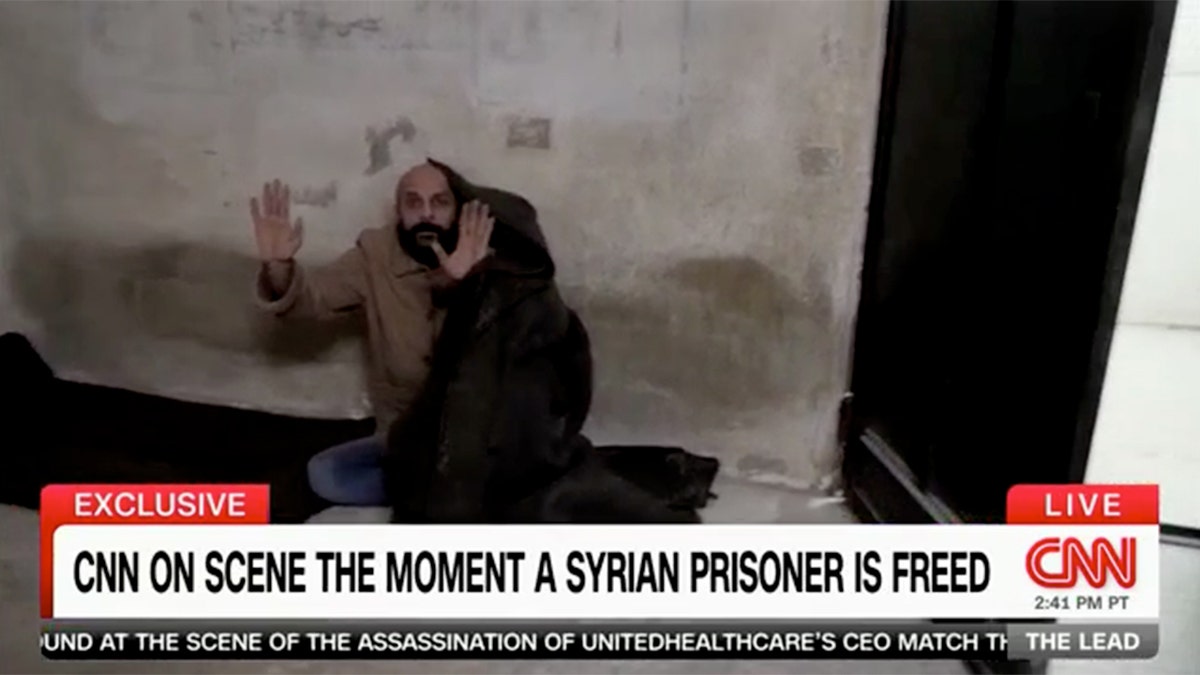
The incident raises questions about the verification processes employed by news organizations, especially in complex and volatile environments. While CNN has admitted being misled, the episode underscores the importance of rigorous fact-checking and the potential for misinformation to spread rapidly.





